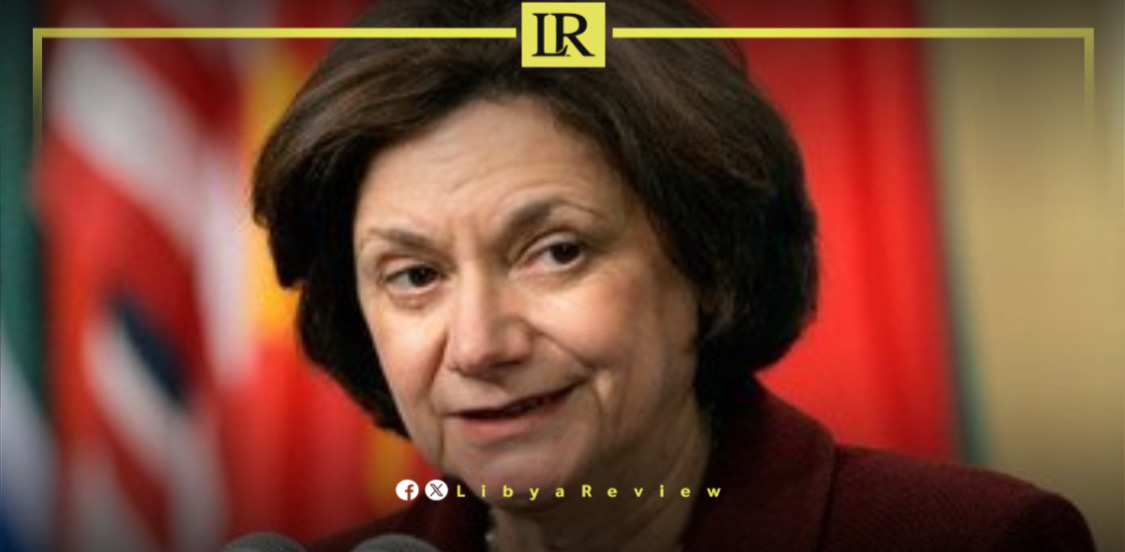The United Nations Under-Secretary-General for Political Affairs and Peacebuilding, Rosemary DiCarlo, is set to arrive in Libya on Sunday, marking a crucial visit aimed at reviving the country’s stalled political process.
Her stay, which will extend until Wednesday, involves a series of meetings with key Libyan stakeholders to discuss ways of advancing efforts toward restoring peace, stability, and unity in the divided nation.
According to a statement from the UN, DiCarlo will engage with political leaders, civil society members, and other influential figures across Libya to facilitate dialogue and promote a sustainable resolution to the country’s prolonged political deadlock. This visit is a critical part of the UN’s ongoing mission to support Libya’s transition out of conflict, emphasizing ensuring a Libyan-led process.
One of the major topics expected to be discussed during DiCarlo’s visit is the current crisis surrounding Libya’s Central Bank. For years, the institution has been plagued by internal divisions, as rival factions compete to control the country’s financial resources. These tensions have worsened Libya’s economic difficulties, including inflation, liquidity shortages, and rising unemployment.
The UN, through its mission in Libya (UNSMIL), has played an active role in mediating between the different branches of the Central Bank. Last year, efforts to reunify the institution were partially successful, but several critical issues remain unresolved.
DiCarlo’s discussions are likely to focus on finding solutions to this impasse, as resolving the Central Bank crisis is seen as essential to stabilizing Libya’s economy.
DiCarlo’s visit comes at a time when the international community is increasingly focused on the need for a comprehensive solution to Libya’s political paralysis. Since the fall of Muammar Gaddafi in 2011, the country has faced a series of civil conflicts, which led to the formation of two rival governments: one based in Tripoli and the other in Tobruk. Despite a 2020 ceasefire agreement and subsequent UN-led peace talks, political divisions have persisted, preventing the country from holding long-promised national elections.
Elections initially planned for December 2021 have been postponed indefinitely, largely due to disputes over electoral laws and security issues. The lack of progress on this front has frustrated Libyans and international observers alike. DiCarlo’s mission is seen as an effort to reinvigorate the peace process, pushing political elites to find common ground and work toward holding the long-awaited elections.


